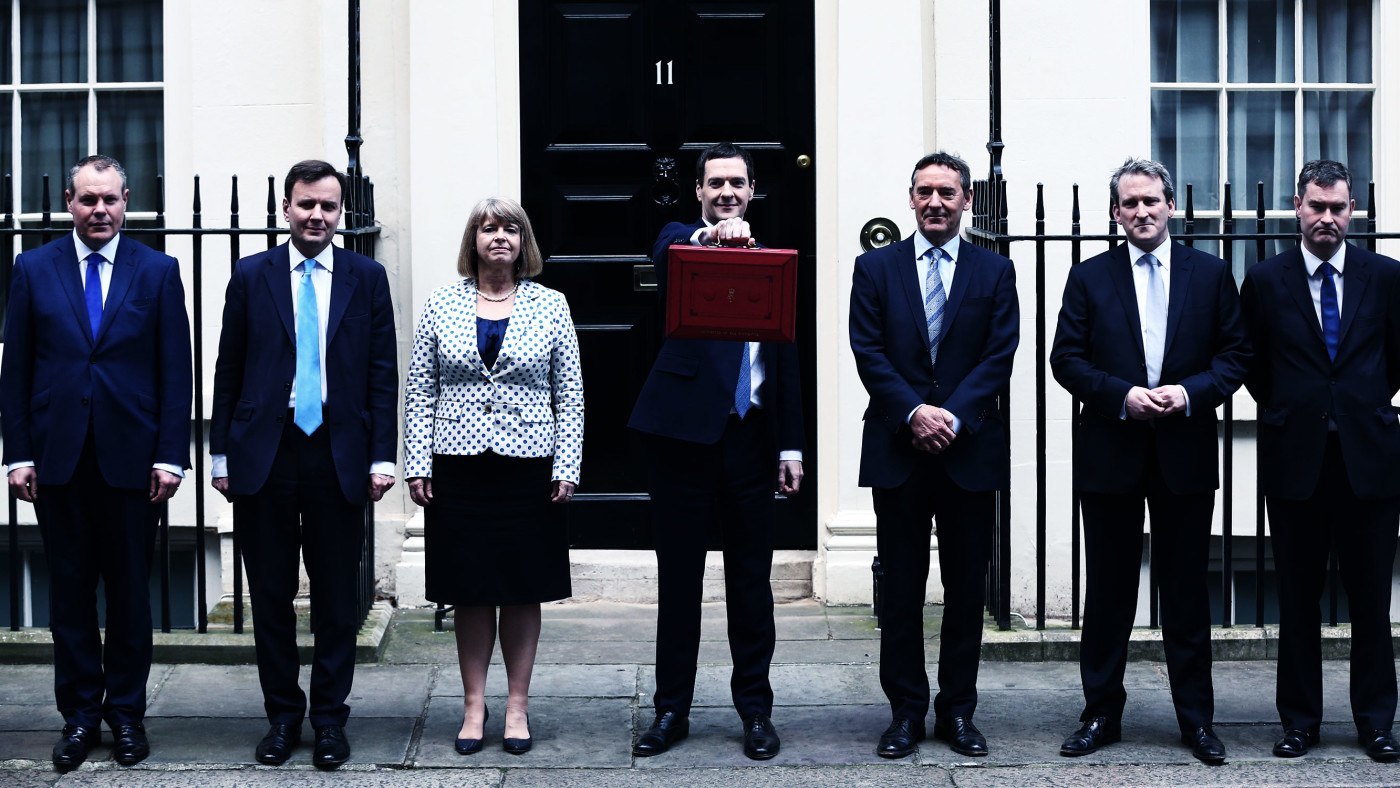‘Rules are there to be broken’. Today, that’s a pretty apt description of UK fiscal policy. Whatever one thinks of the specific targets the Chancellor has outlined in this Parliament and the last, they are presumably set out to provide discipline on the public finances. Flouting them does nothing to inspire confidence that George Osborne will deliver on his ultimate and worthy target of running a budget surplus by 2020.
In the last Parliament, Osborne set out two parts of a fiscal mandate. First, a rolling target of balancing the day-to-day spending of government, adjusted for the economic cycle, within 5 years. This loose rule was buttressed with a constraint to get the debt-to-GDP ratio down by the end of the Parliament. The economy was weaker than expected though and when it came down to the choice of borrowing more or cutting more, Osborne was willing to miss his debt target and the rules were abandoned.
After the election then, the Chancellor was keen to show that this time he was really serious about finishing the fiscal repair job. He introduced a new fiscal mandate promising to run surplus by the end of the Parliament, for the debt-to-GDP ratio to fall every year of the Parliament and for welfare spending to be capped. Now, not even a year into the five-year term, the OBR document lays bare that he will breach the welfare cap in every year through 2020 and that this year the debt-to-GDP ratio will actually rise.
One can of course question the wisdom of these two rules in the first place. Saying you’ll get debt-to-GDP down each year no matter what encourages governments to take short-term or one-off measures to hit an arbitrary target. A welfare cap means unforeseen increases in spending in some areas require potentially damaging in-year cuts elsewhere. But the value of your commitments is diminished somewhat if one just rides roughshod over your promises.
This is especially true when we now have to take it as an article of faith that the Chancellor will meet the most important commitment he has made: to run a surplus by 2020. Having loosened the grip on spending in the Autumn Statement in reaction to improved forecasts, today’s deterioration in outlook means that we will borrow much more through this Parliament. The only way that Osborne can say revenue will exceed spending by 2020 is due to a raft of as yet unspecified departmental cuts of £8.1 billion coupled with one-off and uncertain measures from fiddly tax reforms
One might be more willing to believe a Chancellor would run an extremely austere budget in the year before an election if Osborne had credibility on honouring his fiscal rules. But to me it seems unlikely. In reality, far from ‘acting now not to pay later’, Osborne’s strategy is instead to borrow more, defer consolidation and hope that future forecasts improve and he does not have to act.
The government has shown clearly that running a surplus is a necessary pre-condition to getting debt down to historic levels after long periods of peacetime. Its aim is the right one. But what’s the point of setting rules to get there if you never intend to follow them?


